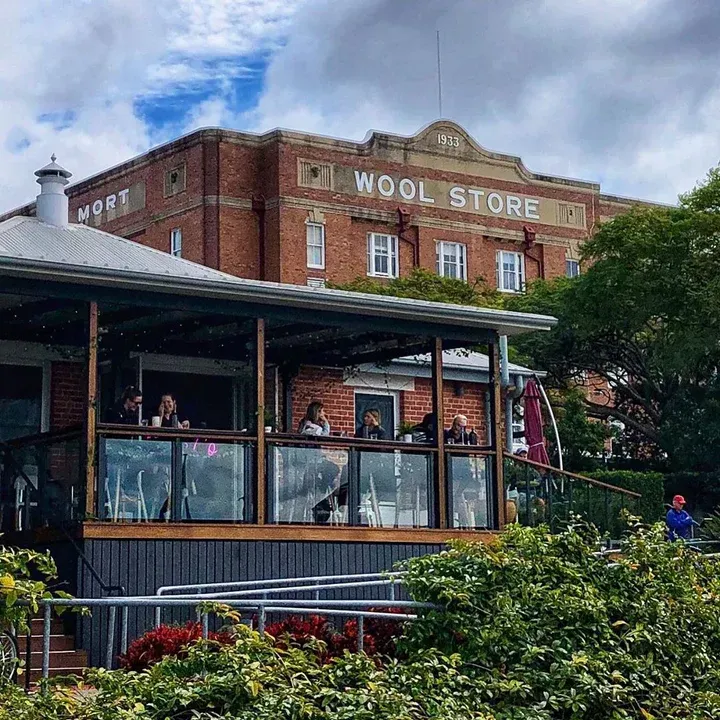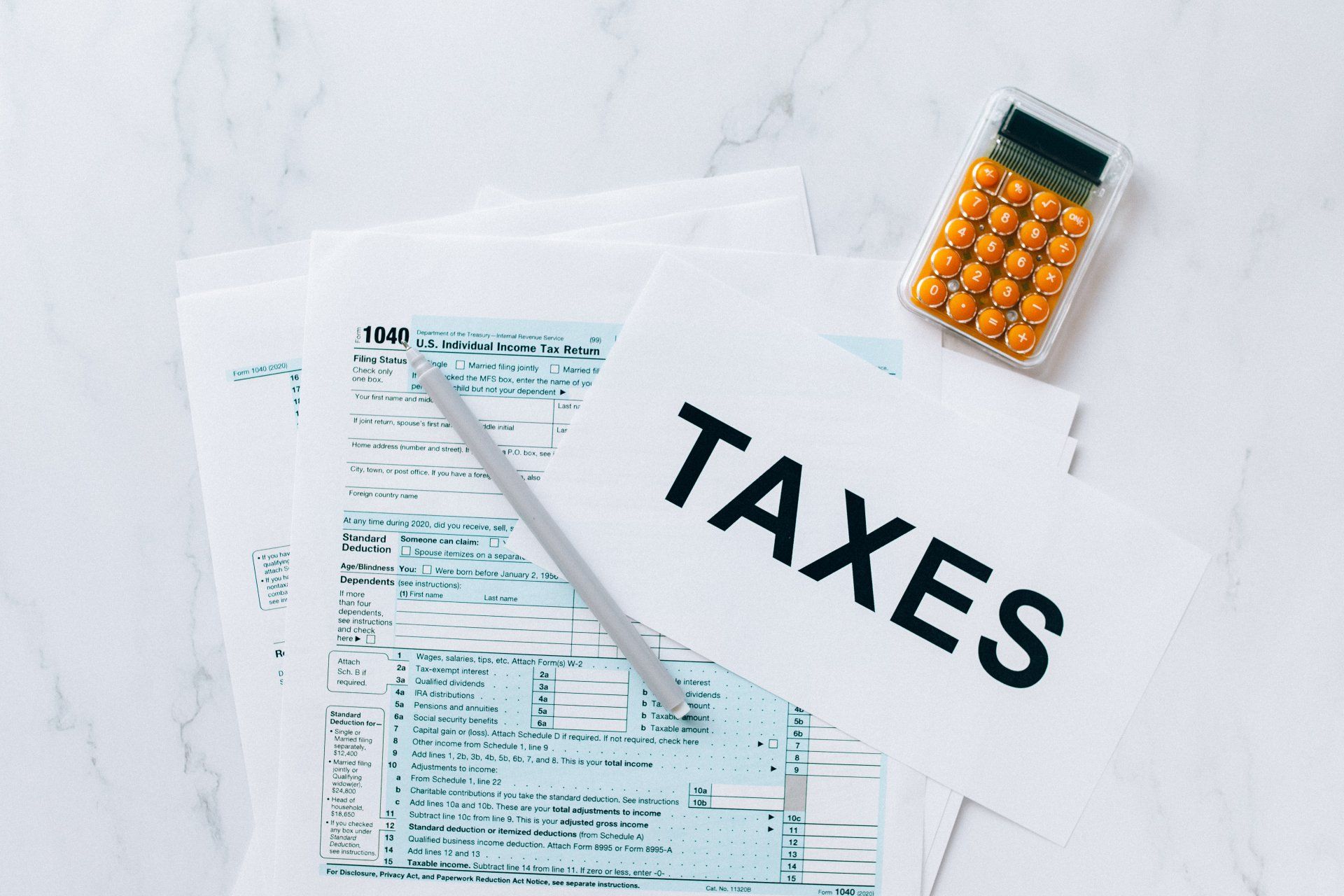Australia's 2024-25 Federal Budget: Key Highlights and Implications for Property Investors
On May 14, 2024, Treasurer Jim Chalmers delivered Australia's highly anticipated 2024-25 federal budget. This budget focuses on easing cost-of-living pressures, supporting housing initiatives, strengthening healthcare, and advancing the country's transition to green energy. As property investors, understanding these budget measures is crucial to navigating the evolving economic landscape. Here’s an in-depth look at the key components of the budget and their implications for property investors.

Cost-of-Living and Tax Relief
The 2024-25 budget aims to provide substantial cost-of-living relief to Australians, which can indirectly influence the property market.
Tax Cuts:
All 13.6 million Australian taxpayers will benefit from tax cuts designed to alleviate cost-of-living pressures. This additional disposable income could increase consumer spending and investment, potentially boosting the demand for property.
Energy Bill Relief:
More than 10 million households will receive a $300 rebate on their electricity bills, while eligible small businesses will get a $325 rebate. These measures aim to reduce financial strain on households and businesses, making it easier for them to manage mortgage repayments and operational costs.
Rent Assistance:
The government has allocated $1.9 billion over five years to increase Commonwealth Rent Assistance by 10%. This move is expected to provide relief to renters, potentially reducing rental defaults and making rental properties more attractive to investors. Speak with expert property management brisbane and discuss what rent assistance may be available to you.
Student Debt Relief:
With $3 billion allocated to cut student debt for over three million Australians, more young adults may find themselves in a better financial position to enter the property market as first-time buyers.
Housing and Infrastructure Investments
Significant investments in housing and infrastructure are central to the 2024-25 budget, aiming to address housing affordability and boost regional development.
Housing Initiatives:
The government is investing an additional $6.2 billion in housing, bringing the total investment since 2022 to $32 billion. This funding will support various initiatives, including the construction of new homes and improvements in housing affordability. For property investors, this could mean more opportunities in the construction and rental markets.
Regional Infrastructure:
The budget includes $101 million for upgrades to regional airports and other connecting infrastructure. Improved infrastructure can enhance the attractiveness of regional areas, leading to potential increases in property values and rental yields in these locations.
Strengthening Healthcare and Social Support
The budget also focuses on healthcare enhancements and support for vulnerable populations, which can impact the property market by influencing demographic trends and housing demand.
Medicare and Health Services:
A $2.8 billion investment in Medicare includes $1.2 billion to address health system pressures. Strengthening healthcare infrastructure can make certain areas more attractive for retirees and families, potentially driving demand for residential properties in those regions.
Aged Care Reforms:
With $2.2 billion allocated for aged care reforms, the improved aged care system may increase demand for age-friendly housing and retirement communities, presenting opportunities for specialized property investments.
Support for Domestic Violence Victims:
The government has announced $925 million in financial support for individuals fleeing abusive relationships. This funding includes provisions for crisis and transitional housing, which could lead to increased demand for short-term rental properties and development of safe housing projects.
Green Energy and Innovation
Australia's transition to a green economy is a major focus of the 2024-25 budget, with significant investments in renewable energy and technology.
Renewable Energy Investments:
The budget commits over $65 billion to renewable energy projects, including $27.7 million for integrating batteries and solar into the grid. Property investors could benefit from this by exploring opportunities in green building projects and energy-efficient housing developments.
Clean Energy Technologies:
An additional $1.5 billion is allocated to initiatives like the Solar Sunshot and Battery Breakthrough Initiative. These investments in clean energy technologies can lead to advancements in sustainable construction practices, making eco-friendly properties more attractive to environmentally conscious buyers and renters.
Quantum Computing and Innovation:
The budget includes $466.4 million to develop the world’s first commercial-scale quantum computer. Innovations in technology can drive economic growth and create new opportunities for property investors in tech hubs and innovation districts.
Defence and Security Spending
Significant funding is directed towards national defence and security, which can impact regional property markets.
Defence Spending:
The budget allocates an additional $50.3 billion over ten years for national defence. Increased defence spending can stimulate local economies in regions with military bases, potentially driving up demand for housing and commercial properties in these areas.
Support for Vulnerable Populations
The budget includes targeted support for vulnerable populations, which can influence housing demand and development patterns.
Women and Equality Initiatives:
Financial assistance for victims of domestic violence and investments in programs for Aboriginal and Torres Strait Islander Australians are highlighted in the budget. These measures aim to improve housing stability and access for vulnerable groups, which could lead to increased demand for affordable and supportive housing developments.
National Disability Insurance Scheme (NDIS):
The government is committed to getting the NDIS back on track, supporting job seekers, and providing new employment pathways. Enhanced support for people with disabilities can increase the need for accessible housing, presenting opportunities for property investors specializing in inclusive and adaptive housing solutions.
Conclusion
Australia's 2024-25 federal budget presents a comprehensive plan to address immediate economic challenges while setting the stage for long-term growth and sustainability. For property investors, the budget's focus on cost-of-living relief, housing, healthcare, green energy, and support for vulnerable populations offers a range of opportunities and considerations.
By staying informed about these budget measures and understanding their potential impacts, property investors can make strategic decisions that align with the evolving economic landscape. Whether it's exploring green building projects, investing in regional areas with improved infrastructure, or catering to the needs of vulnerable populations, the 2024-25 budget provides a roadmap for navigating the future of Australia's property market.
For more detailed insights and analysis on how the 2024-25 federal budget might affect your investment strategy, visit the Australian Government's Budget website and explore additional resources from reputable financial advisory firms like RSM Australia and Deloitte Australia.
Share this with friends!
Latest Property Market Insights











